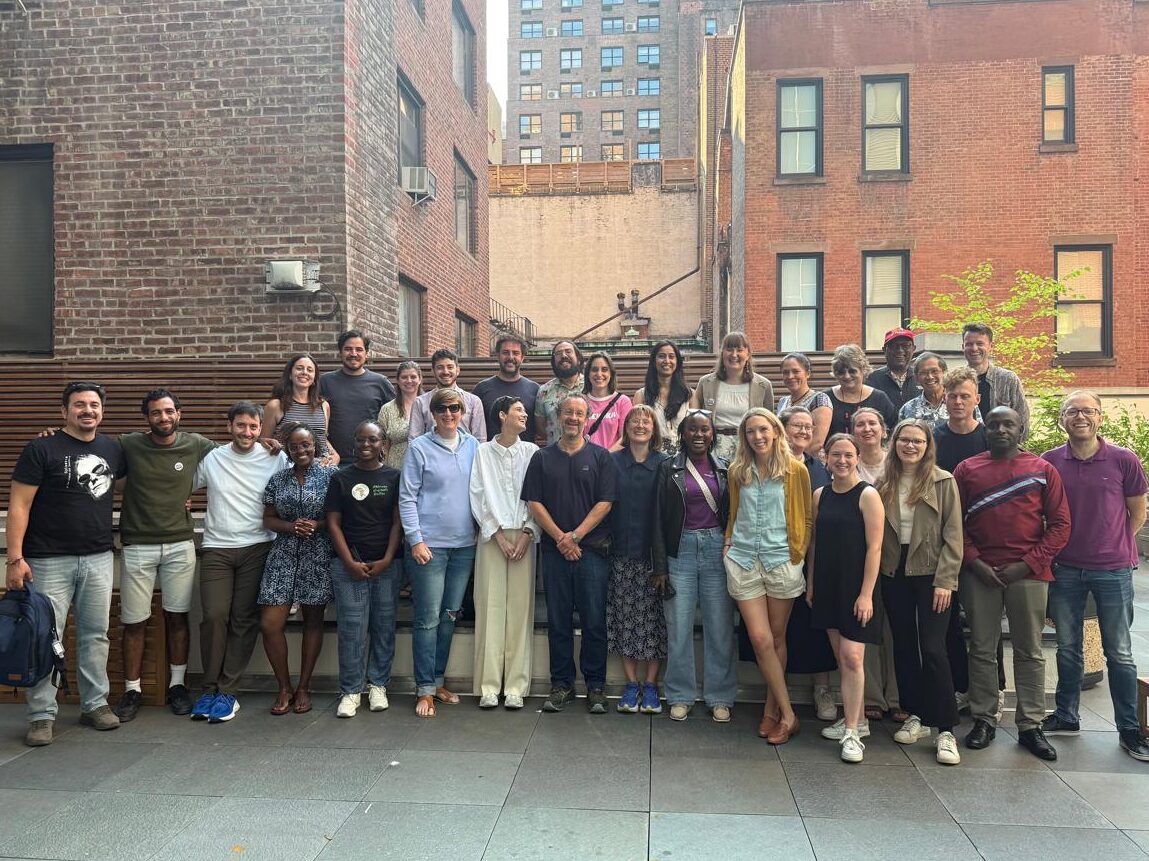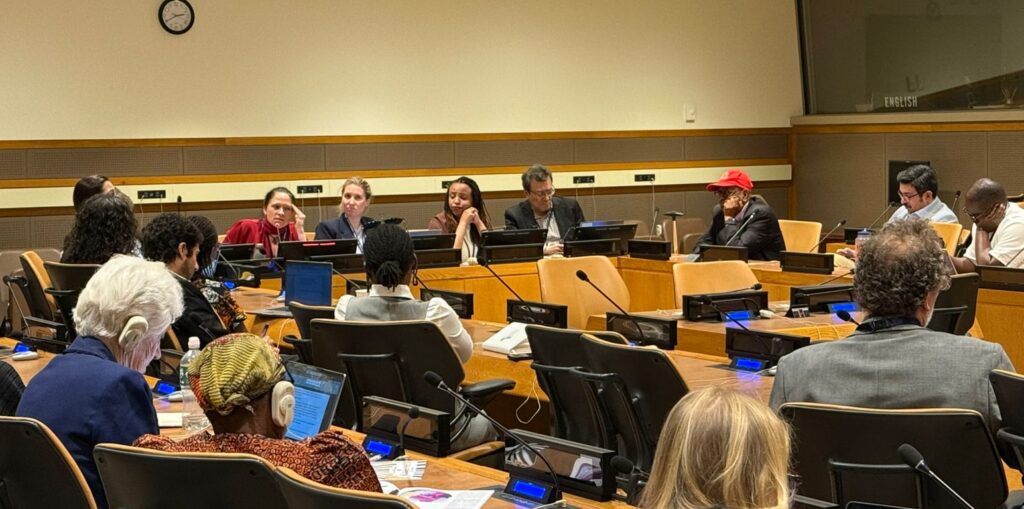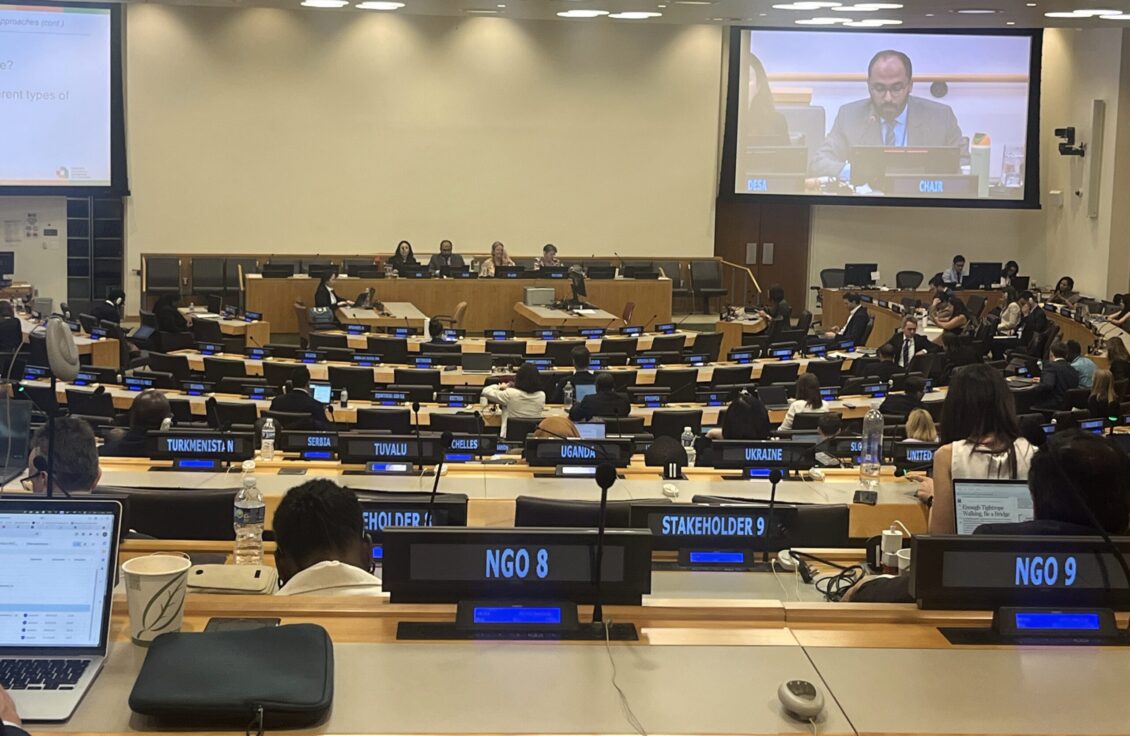Unpacking what happened in the first session for a global tax treaty and looking towards the second.
The global tax rules are undergoing a major overhaul with countries negotiating a UN Framework Convention on International Tax Cooperation (UNFCITC) until mid-2027. From August 4 – 8, UN Member States, civil society, and other stakeholders came together at the UN Headquarters in New York for the first substantive session under the Intergovernmental Negotiating Committee (INC) of the negotiations. Immediately following the first session, is the second session from August 11 – 15.
What Happened in the First Session
Ahead of the first session, governments, civil society, and other stakeholders provided submissions to the negotiations. The submissions are in response to draft issue notes by the INC on the three negotiating workstreams: Workstream I on the framework convention; Workstream II on the first early protocol, taxation of income derived from the provision of cross-border services in an increasingly digitalized and globalized economy; and Workstream III on the second early protocol, prevention and resolution of tax disputes. As the co-coordinator of the Civil Society Financing for Development Mechanism (CS FfD Mechanism) UN Tax Convention Working Group with GATJ’s member Eurodad, GATJ made inputs to the three workstreams, with each submission signed by over 100+ civil society organisations and trade unions.

Civil society‘s coordination meeting.
Before the start of the negotiations, GATJ also held a workshop with civil society organisations and trade unions, followed by daily coordination meetings during the negotiations. Attendees included organisations with expertise in public services, human rights, gender, environment, and, naturally, tax justice, coming from diverse regions and levels of work from national to global.
The first session’s agenda largely focused on the commitments of the Framework Convention, under Workstream I. On the commitment for sustainable development, civil society reiterated the need to discuss the intersection of tax and topics including environment, inequality, gender, and development. This includes the need for progressive environmental taxation in line with the polluters pays principle, as well as addressing inequality-deepening regressive tax systems, including of gender-responsive taxation, and linking tax to existing development and human rights commitments made at the UN.

Civil society’s side event: “What Should the UN Tax Convention Deliver?“
Mid-week in the negotiations, at a side event by GATJ’s UN Tax Convention Working Group, civil society shared their views on the upcoming negotiations and what the framework convention must deliver. Experts touched upon the main discussions of the week, including highlighting the importance of a robust Framework Convention in order to reduce global complexity and to ensure effective global tax rules.
Each day, civil society came together to produce daily newsletters for delegates, CSO representatives and a wide range of stakeholders around the world, the FfD Chronicle, speaking on key issues from a fair allocation of taxing rights to gender. Throughout the negotiations, GATJ’s members also provided interventions on the floor. At the close of the first session, GATJ and the CS FfD Mechanism hosted an evening event with delegates, civil society, and other stakeholders to continue meaningful exchanges outside of the negotiations.
Looking to the Second Session
The second session will dive into discussions on the two early protocols; on taxation of services and dispute resolution and prevention, respectively. Civil society expects to see a discussion on the failure of the transfer pricing system and the arm’s length principle, which has resulted in an unfair allocation of taxing rights, ineffective taxation of digital services, and increased tax disputes and uncertainty. This structural problem however has a solution: the Framework Convention should include a commitment to replace the failed transfer pricing system by developing and implementing a new international corporate tax system that taxes multinational corporations as coherent entities, on the basis of their global profit, known as unitary taxation with formulary apportionment, supplemented by the introduction of an ambitious minimum effective corporate tax rate.
As UN Member States meet back for the second session of negotiations, they must remember that tax policy is not technical; it is deeply political. The current, ineffective international tax system has prevented countries from delivering the critical resources needed for life-saving public services, disproportionately harming those from the Global South. Now, it is time for an ambitious UN Tax Convention.
